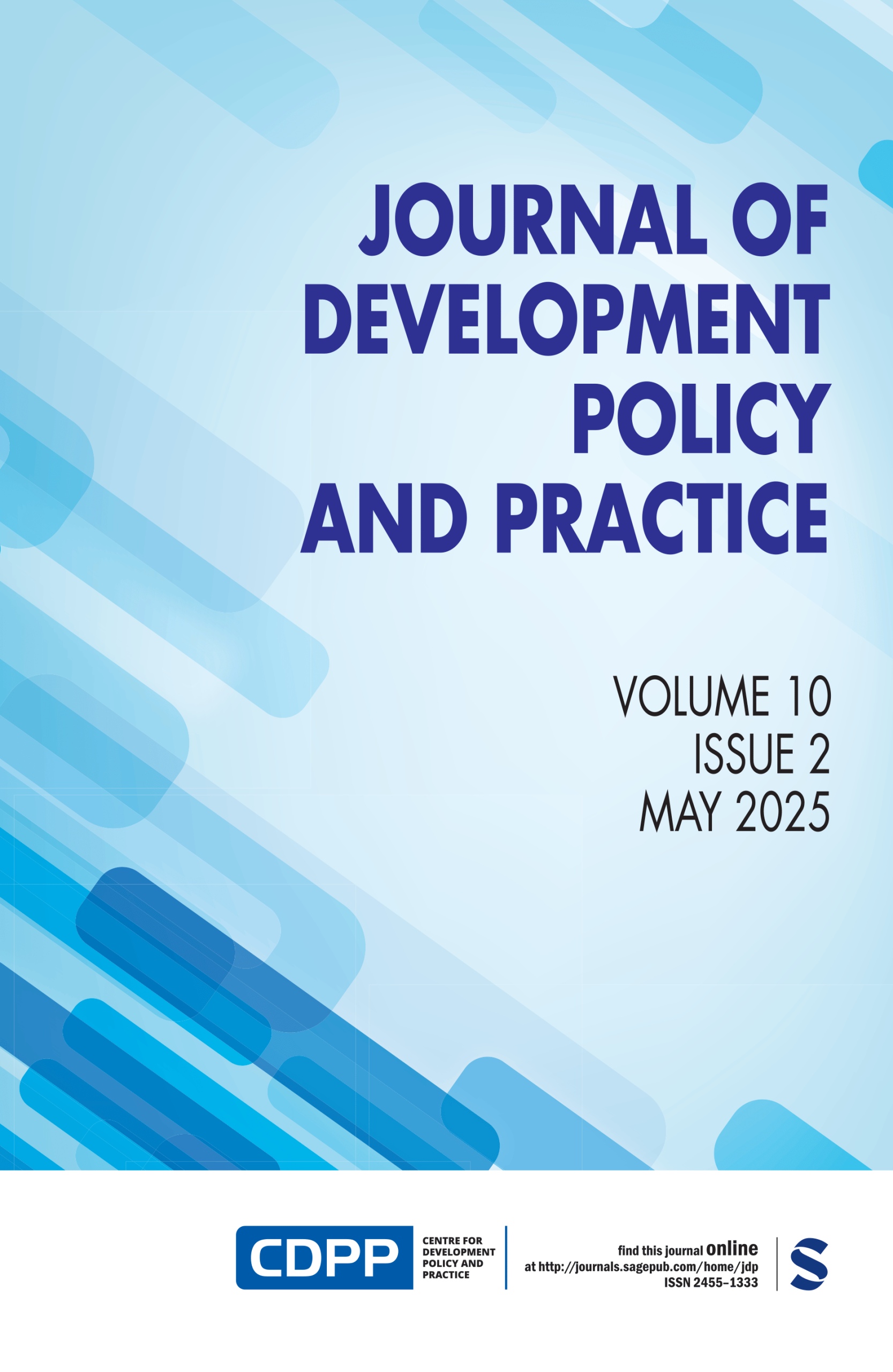Az előadásra hibrid formában kerül sor zoom felületen, illetve személyesen a K.0.11-12-es földszinti előadóban 2024.12.05-én, 13.00 órától.
Előadó: Balázs Ákos Miklós
Cím: Comparing mechanisms for course allocation with contracts
Absztrakt: We study a course allocation problem with contracts which is unique in several aspects. Courses have lexicographic preferences that favour students from higher priority groups, and within these groups, those students who wish to take the course with higher-priority contract terms. Courses are also characterised by finite capacities. Students have preferences over sets of course-term pairs, which are their private information. However, they can send a signal that contains a ranking over singletons and a capacity for each contract term. It is also restricted that the same course cannot be listed with more than one contract term. We consider six different mechanisms for this course allocation problem: the HBS draft, its slight modification (referred to as SZISZ), the random serial dictatorship (RSD), the deferred acceptance with single (DASTB) and multiple tie break (DAMTB), and the latter followed by the stable improvement cycles algorithm (DAMTB+SIC). Our aim is to compare the performance of these mechanisms from several perspectives. First, we evaluate them by checking whether they satisfy certain desiderata (strategy-proofness, possible and necessary player- and student-efficiency, and pairwise stability). We also show that no mechanism can satisfy both strategy-proofness and pairwise stability, and the same is true for possible student-efficiency and pairwise stability. Next, we use a dataset containing the signalled preferences of students (as well as cardinal utilities) from 2023. We apply each mechanism to these signals several times and calculate some welfare indicators from the resulting matchings. Our findings indicate that although the RSD and DASTB mechanisms satisfy more theoretical desiderata, they are outperformed in most welfare indicators by the SZISZ and even more so by the HBS draft mechanism.









